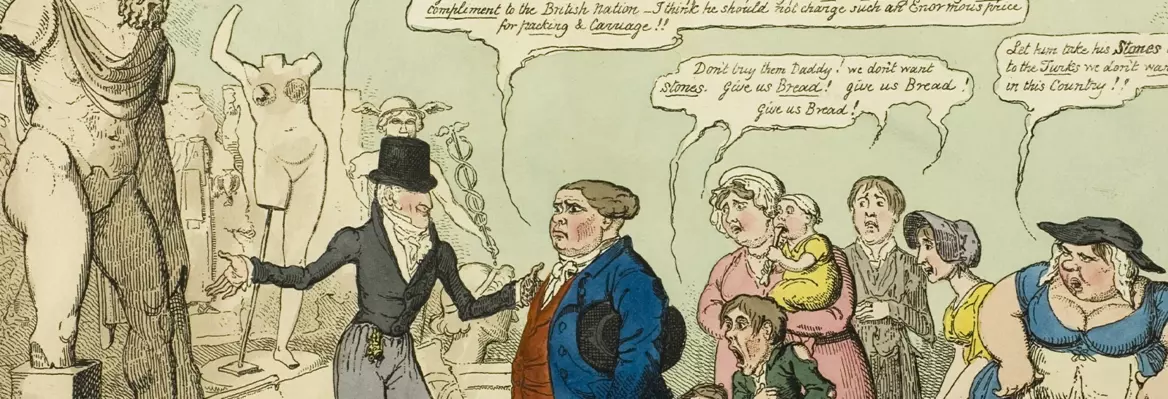After the UK Prime Minister recently cancelled a meeting with his Greek counterpart over the latter's comments concerning the return of the Parthenon Marbles it has sparked an evolving debate over their rightful place. Rather than rebuffing such calls, the repatriation of some of the world's most valuable cultural treasures should serve as an opportunity to evaluate the ways in which the impacts of Empire persist to this day, writes Daniel Butt.
In a BBC interview in 1985, Sir David Wilson, then Director of the British Museum, was asked about the feasibility of returning what are variably called the Parthenon or the Elgin Marbles to Greece. “Oh, anything can be done”, he replied. “That’s what Hitler said. That’s what Mussolini said when he got the Italian trains to run on time.” Challenged on whether he was really suggesting that this comparison was warranted, he persisted. “I think this is cultural fascism. It’s nationalism and it’s cultural danger. Enormous cultural danger. If you start to destroy great intellectual institutions, you are culturally fascist… You are destroying the whole fabric of intellectual achievement… It’s like burning books.”
The British Museum’s approach to public relations has become somewhat more conciliatory over the years, but both the Museum and the British Government continue to emphasise arguments rooted in cultural value in opposing appeals for the return of the Marbles to Athens. Claims about cultural property can be backward-looking or forward-looking. The former look to the historical lineage of the resource in question: who created it, who inherited it, who, if anyone, might be deemed to have legitimately acquired it, through gift or trade? The latter stress the value that will be realised by locating the resource in a particular place: who will be able to see it, to whom will it be most meaningful, what comparisons and contrasts will audiences be able to make by seeing the resource in juxtaposition with other holdings? British claims to the Marbles have certainly often had a backward-looking dimension, but the Earl of Elgin’s actions are far from unimpeachable from a contemporary perspective. Critics have challenged his motivations in seeking to acquire the Marbles for his own private museum, disputed whether he in fact had permission to remove the sculptures in question, and pointed out that the limited authorisation he had in 1801 came, in any case, from the Ottoman Empire that was at that time occupying Athens, prior to the Greek War of Independence.
___
There is a moral shadow even over those which were seemingly obtained through legitimate trade, given the extent to which Britain’s purchasing power was itself a function of its colonial activities.
___





















Join the conversation